Thinking about switching careers can be both exciting and daunting. You might be eager for a new challenge or to follow your passion.
The key to navigating a career change successfully is careful planning and being adaptable. This ensures you make smart moves that keep you on track.
It’s important to assess your skills and see how they fit into your desired field.
This will help you identify any gaps you need to fill.
Research is crucial, too.
Learn about the industry you’re interested in, connect with professionals, and seek advice.
The journey might seem long, but focusing on your goals will help you stay motivated.
With the right mindset and plan, you can make a smooth transition and thrive in your new career.

Self-Assessment
To navigate a career change, it is crucial to understand your strengths, passions, and skill gaps. This will guide you to make informed decisions, boosting your confidence.
Identify Your Strengths
Begin by listing your strengths. Think about what comes naturally to you and what tasks you excel at.
Consider feedback from colleagues, mentors, or performance reviews.
Next, think about skills you’ve honed over the years. Make a list of these abilities.
Include technical skills, like coding or graphic design, and soft skills, such as communication or problem-solving.
Use these strengths to identify roles that play to your abilities. This can help you find a career path where you can thrive and feel fulfilled.
Evaluate Your Passions
Consider what makes you excited to get out of bed.
What activities or projects do you find joy in, even if they are challenging?
Reflect on hobbies or interests outside of work. Sometimes your passion projects can transition into career options.
Look for industries or roles where you can blend these passions with your skills.
Skill Gap Analysis
Now, compare your current skills with those needed in your desired field.
Identify areas where you might need improvement. Make a list:
- Skills you have
- Skills you need
Look for courses, certifications, or workshops to fill these gaps.
Online platforms like Coursera or LinkedIn Learning can be great resources.
Create a timeline and set achievable goals for acquiring these new skills. This proactive approach will prepare you for the transition and enhance your resume.

Market Research
Understanding the market can greatly help you adapt to a new career. This involves looking at industry trends, job demand, and salary benchmarks. Here’s what you need to know:
Industry Trends
It’s important to know where your new industry is headed. Are there emerging technologies or new ways of doing things?
Keep an eye on:
- Innovations: Look for new tools or methods that companies are adopting.
- Growth Areas: Focus on sectors within the industry that are expanding.
- Major Players: Identify the key companies leading the charge.
Staying updated can give you a competitive edge and help you plan your move effectively.
Job Demand
Finding out which jobs are in demand can save you time and effort. Check:
- Top Jobs: Focus on roles that are highly sought after.
- Required Skills: Look at what skills employers are asking for.
- Employment Rates: Understand how quickly people are getting hired in your desired field.
You can use job boards, company career pages, and professional networks to gather this information.
Salary Benchmarks
Knowing how much you can earn is crucial. Compare salaries for similar roles by looking at:
- Average Salaries: Check typical earnings for your desired job.
- Regional Differences: Pay can vary depending on where the job is.
- Experience Impact: See how years of experience affect salary.
You can find this data on websites like Glassdoor, PayScale, and the Bureau of Labor Statistics. This will help you set realistic salary expectations and negotiate better offers.
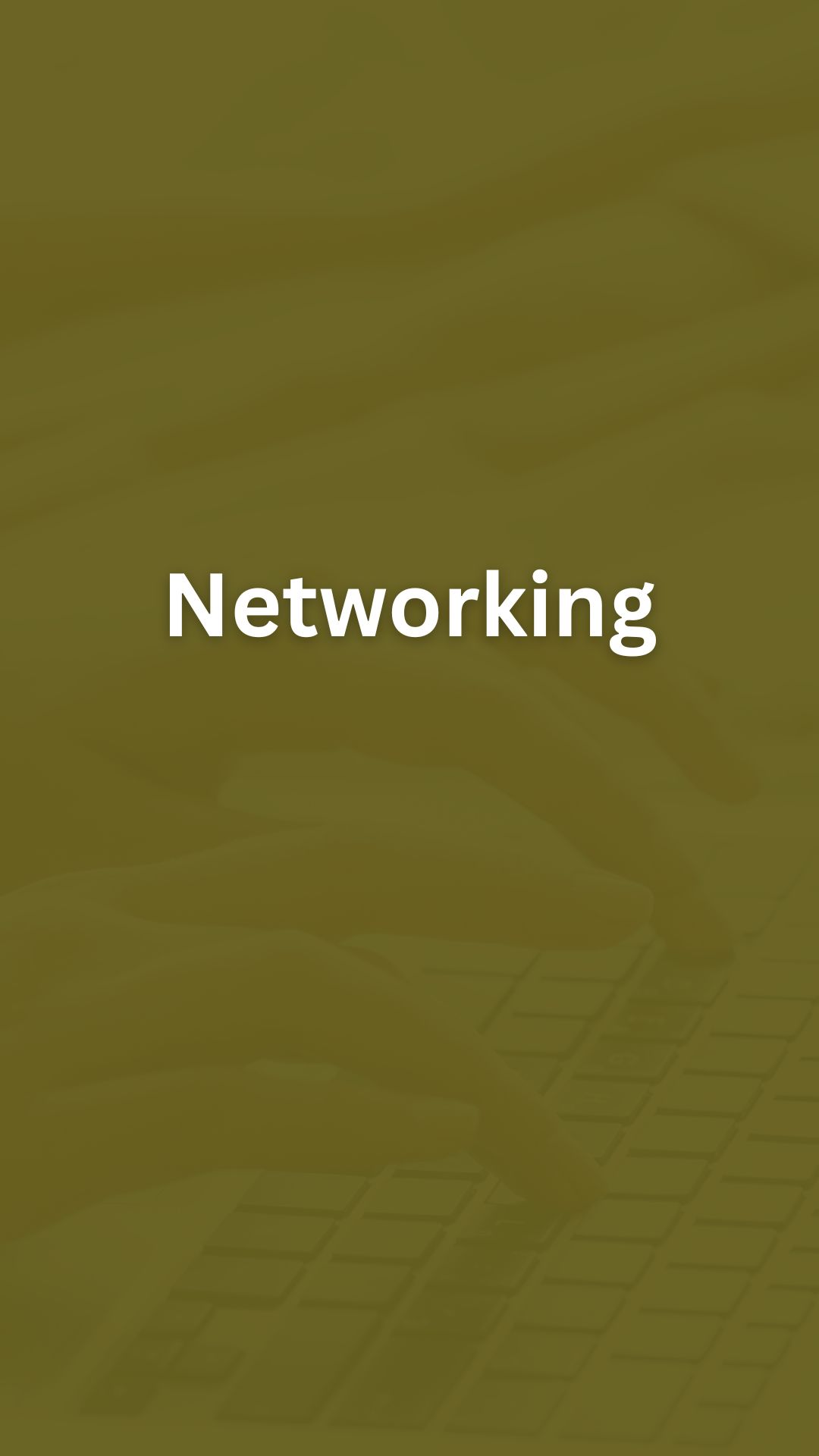
Networking
Networking is key to a successful career change. By attending events, engaging online, and setting up informational interviews, you can build valuable connections.
Professional Events
Attend industry conferences, workshops, and meetups. These gatherings are perfect for meeting people who can help you.
Bring business cards and a positive attitude. Join conversations and listen more than you speak. This shows you’re interested in others and ready to learn.
After events, follow up with new contacts via email or LinkedIn. Mention something from your conversation to jog their memory and keep the connection alive.
Online Communities
Join forums, social media groups, and professional networks related to your new field.
Participate in discussions and share valuable insights. This shows you’re knowledgeable and engaged.
Platforms like LinkedIn, Reddit, and Facebook groups are great for this.
Create your own posts and start conversations. Ask questions and share your journey. This can attract others in the same field who can offer advice or opportunities.
Informational Interviews
Reach out to professionals in your desired industry for informational interviews. These are casual chats that help you learn about the field.
Prepare questions about their experiences and advice. This shows you respect their time and value their insights.
Always thank them for their time via email or a handwritten note. Expressing gratitude leaves a positive impression and keeps the door open for future contact.
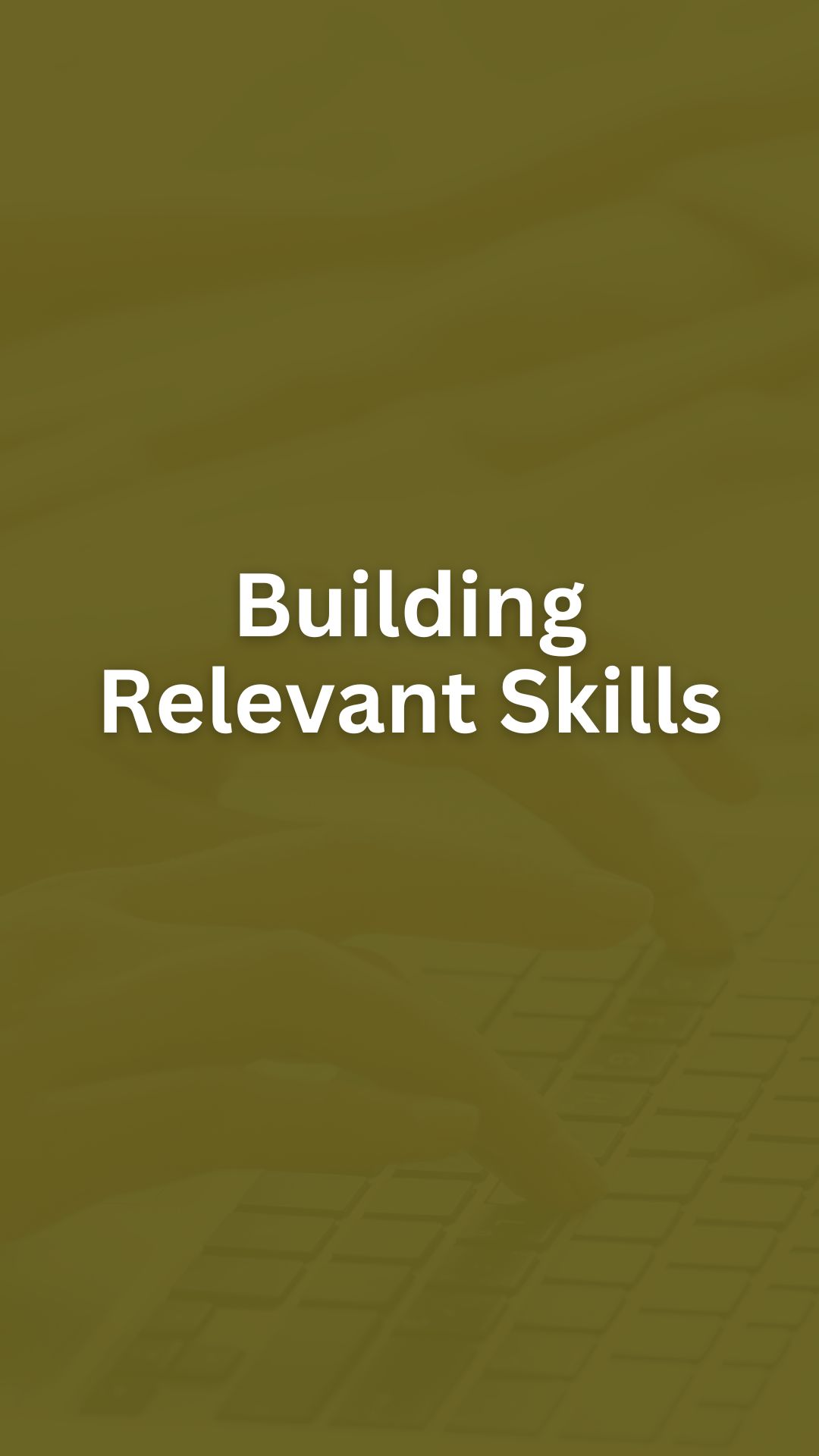
Building Relevant Skills
To be successful in a career change, you need to develop the right skills. This means taking courses, getting certifications, and even volunteering to gain hands-on experience.
Professional Courses
Taking professional courses is a great way to learn new skills.
Online platforms like Coursera and Udemy offer classes in many fields. Look for courses that match the skills you need for your new career.
Many courses are self-paced, so you can learn at your own speed.
Enrolling in classes at a local community college can also be valuable. These courses often provide hands-on experience.
Don’t forget to check if your current employer offers any career development programs.
Certifications
Certifications can boost your resume and show employers you are serious about your career change.
Look for industry-recognized certificates. For example, if you are moving into IT, consider certifications like CompTIA A+ or Cisco’s CCNA.
Some fields also have online certification programs. Research what certifications are highly valued in your new career.
Completing these certifications may require passing exams, so be prepared to study hard.
Volunteering
Volunteering is a fantastic way to gain relevant experience.
Look for volunteer opportunities that align with your new career goals. For instance, if you want to work in marketing, volunteer to help a local nonprofit with their social media.
Volunteering can also help you build a network. You may meet people who can offer guidance or even job leads.
It’s a chance to apply theoretical knowledge in a practical setting and showcase your dedication.
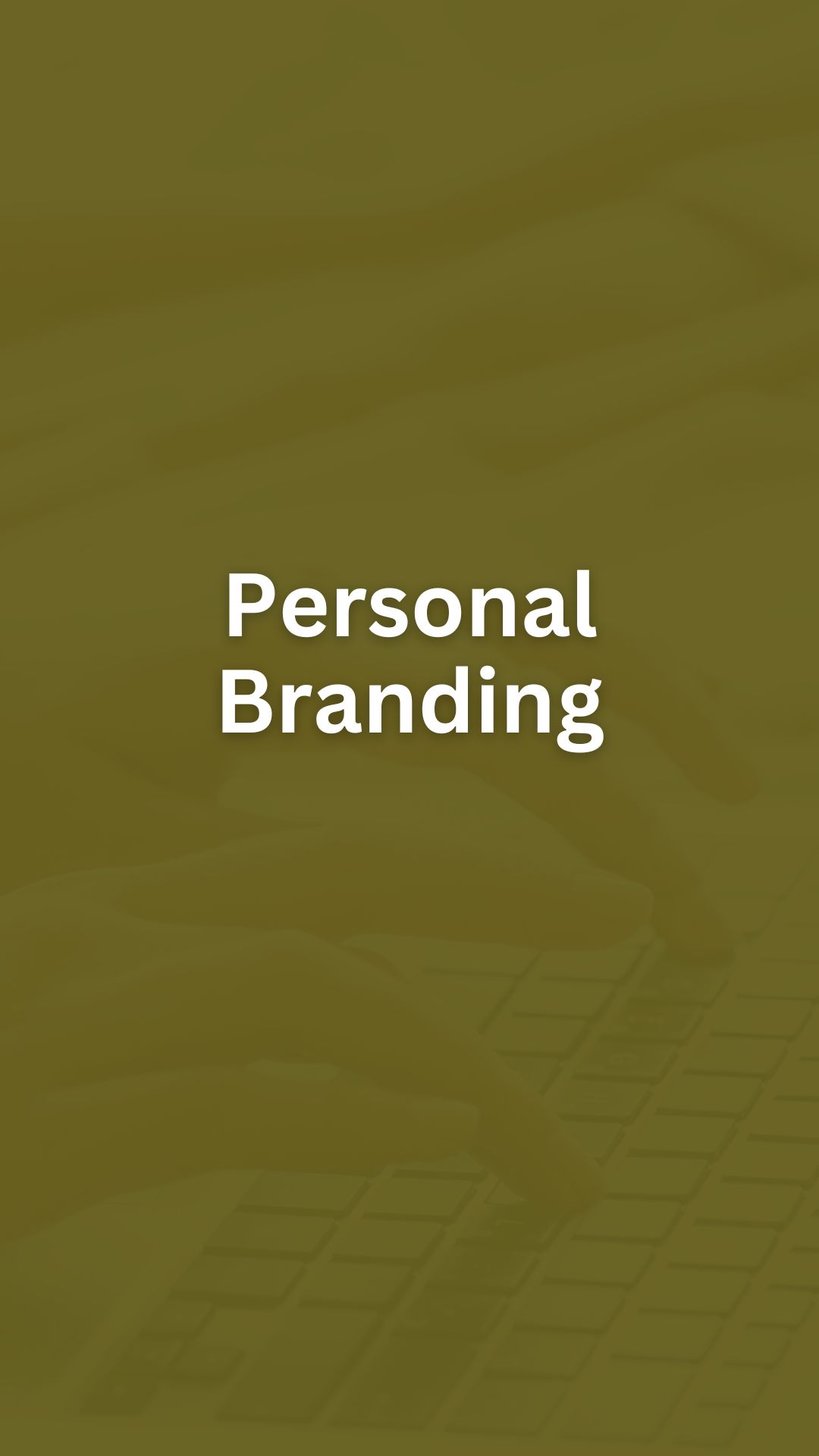
Personal Branding
Building a strong personal brand is crucial during a career change. This section covers how to enhance your online presence, craft effective resumes and cover letters, and develop a compelling personal pitch.
Online Presence
Having a strong online presence is vital.
Start by updating your LinkedIn profile. Ensure your current skills, achievements, and job experiences are highlighted. Use a professional photo and write a clear, engaging summary.
Consider creating a personal website to showcase your portfolio. This can include your resume, work samples, and a blog.
Regularly share relevant content on your social media profiles to demonstrate your expertise.
Be consistent with your branding elements, like colors and fonts, to create a cohesive image.
Engage with relevant industry groups online.
Participate in discussions and share valuable insights. This can help you network and build a reputation as a knowledgeable professional.
Resumes and Cover Letters
Tailoring your resume and cover letters for each job application is essential.
Start with a strong objective statement that aligns with the desired position. List your most relevant experiences and skills at the top.
Use bullet points to make your resume easy to read. Quantify your achievements with numbers when possible.
For example, “Increased sales by 20%” is more impactful than “improved sales.”
In your cover letter, explain why you’re interested in the role and highlight how your background makes you a great fit.
Address any gaps in your employment or shifts in your career path honestly.
Show enthusiasm for the new opportunity and confidence in your ability to excel.
Personal Pitch
A personal pitch is essential when introducing yourself in professional settings.
A strong pitch should be concise, usually around 30 seconds to a minute.
Start with your name, your current position or what you’re aspiring to do, and a brief overview of your background.
Outline your key strengths and accomplishments. Mention something unique about you or your approach to your work.
Tailor your pitch to the audience; focus on what’s most relevant to them.
Practice your pitch until it feels natural and confident. Use it at networking events, job interviews, and any time you need to make a memorable first impression.
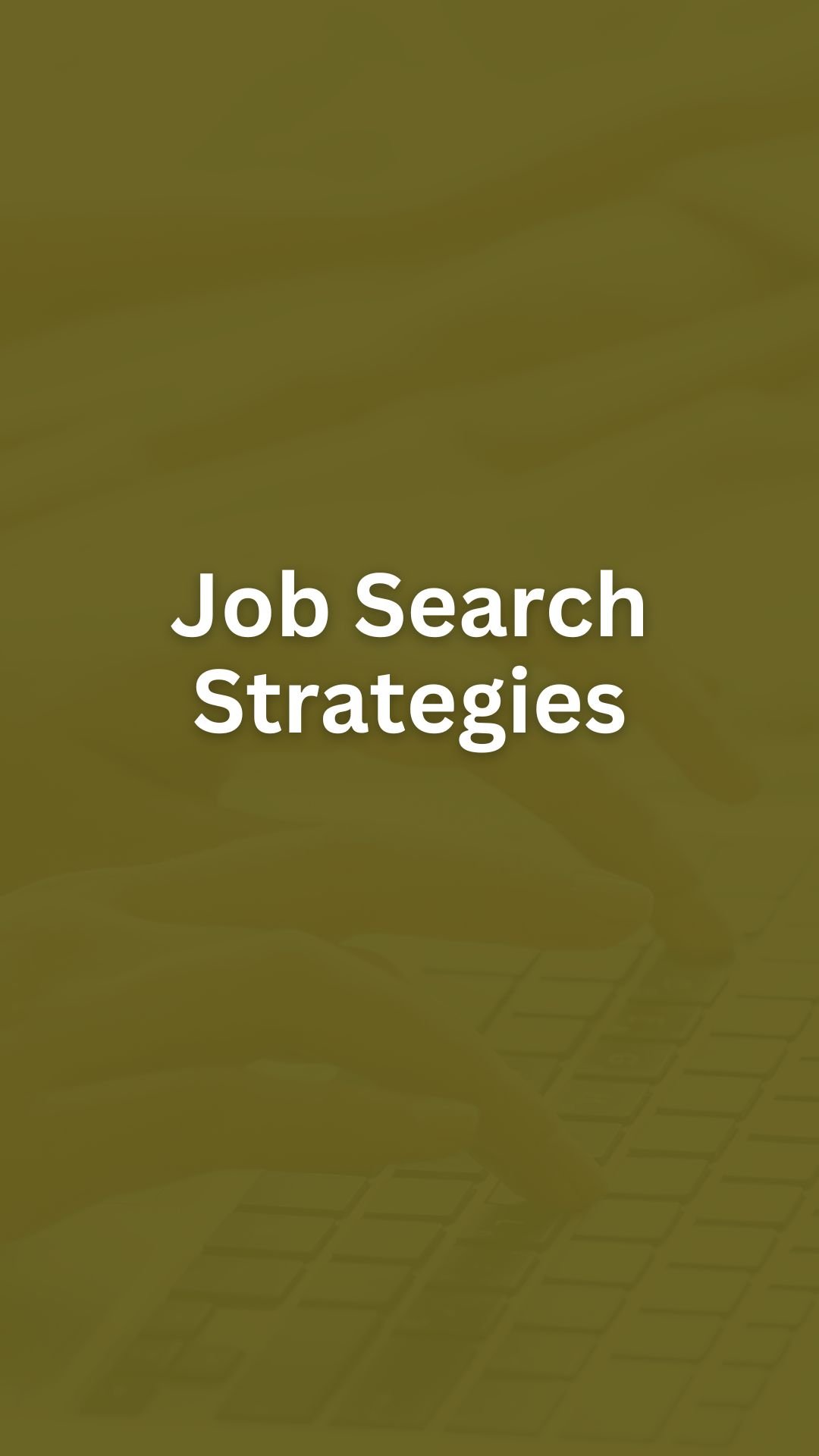
Job Search Strategies
Finding the right job during a career change can be both exciting and challenging. To make this process easier, you can use job boards, recruitment agencies, and direct applications to your advantage.
Job Boards
Job boards are websites where employers post job openings.
Popular job boards include Indeed, LinkedIn, and Glassdoor. These sites allow you to search for jobs by keyword, location, and industry.
Tips:
- Set Up Alerts: Get email notifications for new job postings.
- Create a Profile: Some sites, like LinkedIn, allow you to create a profile so employers can find you.
- Search Regularly: Check the boards frequently to stay updated on new opportunities.
Using job boards can help you discover a variety of job options and connect directly with employers.
Make sure your resume is updated and tailored to the positions you apply for.
Recruitment Agencies
Recruitment agencies match you with potential employers. They help you find jobs that fit your skills and experience.
Agencies have relationships with companies that need employees, which can be a big advantage for you.
Advantages:
- Expert Guidance: They offer advice on your resume and interview skills.
- Hidden Jobs: Agencies often know about jobs that aren’t publicly advertised.
- Saves Time: They do the job searching for you.
Contact a few agencies that specialize in your field. Discuss your career goals with a recruiter and let them find suitable job matches for you.
This can streamline your job search and introduce you to roles you might not find on your own.
Direct Applications
Applying directly to companies can be effective.
Research companies you’re interested in and visit their websites for job postings.
This method shows initiative and a strong interest in the company.
Steps:
- Research: Identify companies aligning with your career goals.
- Tailor Your Application: Customize your resume and cover letter for each application.
- Follow Up: After applying, send a follow-up email to express your enthusiasm and inquire about the next steps.
Direct applications can make a strong impression on employers.
Be persistent and proactive, as this method requires effort but can lead to rewarding job opportunities.
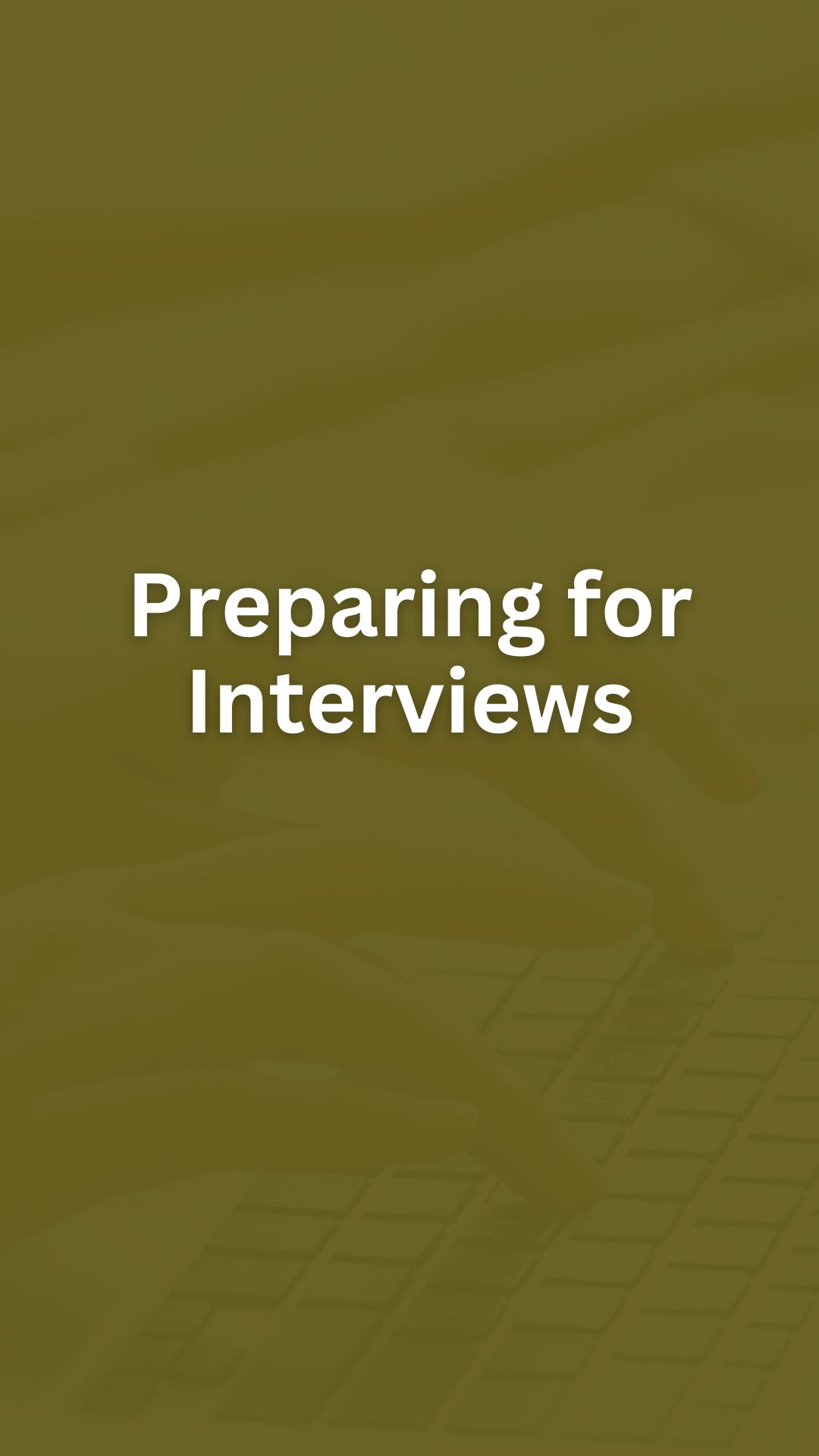
Preparing for Interviews
Getting ready for interviews involves practicing common questions, mastering behavioral techniques, and doing mock interviews to build confidence and improve performance.
Common Interview Questions
Interviewers often ask a set of standard questions to understand your skills, experience, and fit for the role.
Some common questions include:
- Tell me about yourself.
- Why do you want to work here?
- What are your greatest strengths and weaknesses?
- Describe a challenge you faced and how you handled it.
Practice your answers to these questions using the STAR method (Situation, Task, Action, Result) to ensure your responses are clear and structured.
Behavioral Interview Techniques
Behavioral questions focus on past experiences to predict future behavior.
They might ask about teamwork, leadership, problem-solving, and handling stressful situations.
Key techniques include:
- Using the STAR method to frame your answers.
- Being honest and specific about your experiences.
- Relating experiences to the job you’re applying for.
Prepare examples from previous jobs, volunteer work, or school projects that showcase your skills and achievements.
Mock Interviews
Mock interviews are practice sessions that simulate real interviews. They help you:
- Identify areas for improvement in your answers and delivery.
- Reduce anxiety by familiarizing yourself with the interview format.
- Receive constructive feedback from others.
You can do mock interviews with friends, mentors, or career coaches.
Record yourself to review performance and refine your responses.

Negotiating Offers
Getting a job offer is exciting! Now, it’s time to make sure the offer meets your goals and needs.
Focus on understanding what’s included and use smart negotiation tactics to get the best deal.
Understanding Compensation Packages
A compensation package isn’t just your salary. It can include benefits like health insurance, retirement plans, stock options, and bonuses.
Next, look at the vacation time and sick leave.
Some companies offer unlimited vacation, while others have strict policies.
Review the work-life balance policies. This could mean flexible working hours or the ability to work from home.
Compare the cost of benefits like health insurance. A higher salary might not be as good if you have to pay a lot for insurance.
A detailed comparison helps you know what you’re really getting. Use a table to list out all the components:
| Compensation Aspect | Details |
|---|---|
| Salary | $X per year |
| Health Insurance | Coverage details |
| Retirement Plan | 401(k) match details |
| Bonuses | Annual performance bonus |
| Stock Options | Number of shares or options |
| Vacation Time | Days per year |
| Sick Leave | Days per year |
| Work-Life Balance | Flexible hours, remote work |
Negotiation Tactics
Once you understand the offer, it’s time to negotiate. Start by knowing your worth.
Research industry standards using websites like Glassdoor or Payscale.
Be polite and positive when discussing changes. Use data to support your requests.
Consider saying, “Based on my research, I believe a salary of $X would be more in line with industry standards.”
Also, don’t focus only on salary. Negotiate for better benefits or additional vacation days if the salary can’t be raised.
Remember, it’s okay to ask questions if you’re unsure about something. Being clear on details ensures you’re making an informed decision.
Practicing these strategies can make you more confident and help you secure a better deal.

Transition Plan
Creating a solid transition plan is crucial when changing careers. Here are strategies to handle your notice period and ensure a smooth knowledge transfer.
Notice Period Strategies
Handling your notice period effectively is essential.
Start by notifying your employer professionally. Draft a clear and respectful resignation letter. Offer to assist with finding and training your replacement.
Communicate openly with your supervisor about your leaving date. This ensures they have enough time to prepare.
Make a list of your ongoing projects and responsibilities. Identify what needs completing before you leave and what can be passed on.
Be available for meetings to discuss your projects. This keeps everyone in the loop and helps avoid last-minute scrambles.
Aim to leave on positive terms, as you never know when you might need a reference or encounter former colleagues again.
Knowledge Transfer
A successful knowledge transfer involves sharing what you know with those who will take over your tasks.
Create detailed documentation for your projects. This could include step-by-step guides, notes on important contacts, and critical deadlines.
Arrange one-on-one meetings with your colleagues.
Use this time to explain your work processes and respond to any questions they might have.
If you use specific software or tools, offer quick tutorials or guides to help them get up to speed.
Prepare a handover document summarizing key information. Include login details, project statuses, and future steps.
Your goal is to leave behind information that will keep the workflow smooth and uninterrupted.
Regularly check in during your notice period to ensure everything transitions seamlessly.

Onboarding
Starting a new job can be daunting, but with the right plan, you can make a smooth transition.
Knowing what to expect in your first 90 days, building strong relationships, and clearly setting expectations will set you up for success.
First 90 Days Plan
During the first 90 days, make it your goal to understand your role and how you fit into the company.
Create a list of key tasks to accomplish:
- Learn about the company’s culture and values.
- Complete all required training.
- Schedule regular check-ins with your manager.
Set specific, achievable goals for yourself in the first few weeks.
Ask questions to clarify any doubts you have.
This proactive approach will help you feel more confident and competent sooner.
Building Relationships
Building relationships at your new job is crucial.
Introduce yourself to your teammates and colleagues.
Join social events, even virtual ones, to get to know people better.
Communication is key.
Take the time to listen and learn about your coworkers.
Be approachable and offer help when you can.
Forming these bonds early on can make your work environment more enjoyable and collaborative.
Setting Expectations
From the start, be clear about what’s expected of you.
Talk to your manager about:
- Your specific job responsibilities.
- Goals and milestones to achieve.
- Preferred communication styles and feedback methods.
Set a schedule for regular updates to discuss your progress and any challenges you face.
This ensures that you and your manager are on the same page, reducing misunderstandings and aligning your work with the company’s objectives.

Long-Term Career Growth
Navigating a career change isn’t just about the immediate shift; it’s also about planning for the future.
Focus on continued learning, finding a mentor, and looking for ways to advance your career as you settle into your new field.
Continued Learning
Staying relevant is crucial.
Enroll in courses that offer certifications.
Many online platforms like Coursera and Udemy provide affordable options.
Attend workshops and network with peers.
Reading industry-specific books and journals keeps your knowledge fresh.
Join professional organizations to gain access to new resources and events.
Always be on the lookout for updates and trends in your field.
Mentorship
Find a mentor who has experience in your new career field.
A good mentor offers guidance, answers questions, and helps you avoid common mistakes.
Look for mentors within your new company, at industry events, or through professional networks.
Engage in regular meetings and be open to feedback.
This relationship can provide support and invaluable insights that speed up your growth.
Career Advancement
Set clear goals for where you see yourself in 5 or 10 years.
Acknowledge small milestones and celebrate them.
Seek out new responsibilities at work to showcase your skills and build your resume.
Ask for performance reviews and be proactive in seeking feedback.
Volunteer for challenging projects to stand out.
Regularly update your skills and resume to reflect your growth and achievements.

Frequently Asked Questions
Learn about the exciting journey of changing careers and find specific, practical steps to make your career transition thrilling and successful. Discover stories and strategies that will boost your confidence and help you find joy and fulfillment in a new career.
What are some exciting success stories of people who changed careers?
Many people have successfully switched careers.
For instance, Julia Child worked in advertising before becoming a famous chef.
Similarly, many tech professionals start as teachers or graphic designers and end up as coders.
Each story shows that with determination, anyone can make a successful career change.
What steps should I take to create a thrilling journey towards a new career?
First, identify your interests and strengths.
Research industry trends and potential jobs.
Network with professionals in the field.
Gain relevant education or certifications.
Keep a positive mindset and stay flexible.
Each step builds towards a rewarding new career.
Feeling lost? What are some strategies for discovering a new career direction?
Start by assessing your skills and interests.
Consider taking career assessment tests.
Talk to a career counselor.
Explore different industries through internships or part-time jobs.
Join professional groups to learn from others.
Finding a new direction often starts with understanding yourself better.
How can someone over 40 make a stimulating leap into a different career field?
Age shouldn’t be a barrier.
Highlight your experience and skills that are transferable.
Continuously learn through courses and workshops.
Network with industry insiders.
Seek out companies that value diverse backgrounds.
Your rich life experience can be a significant advantage in your new career.
What are the best ways to develop skills for a new industry without prior experience?
Take online courses or attend workshops related to your desired field.
Engage in self-study through books and videos.
Volunteer or intern to gain hands-on experience.
Join industry-specific forums and groups to stay updated with trends.
Ready for a shift? How do you determine if a career change will bring you joy and fulfillment?
Reflect on what aspects of your current job you enjoy and what you dislike.
Research potential careers to see if they align with your passions and values.
Speak to professionals in the field to get their insights.
Consider doing a trial period, like freelancing or part-time work, to test your interest.